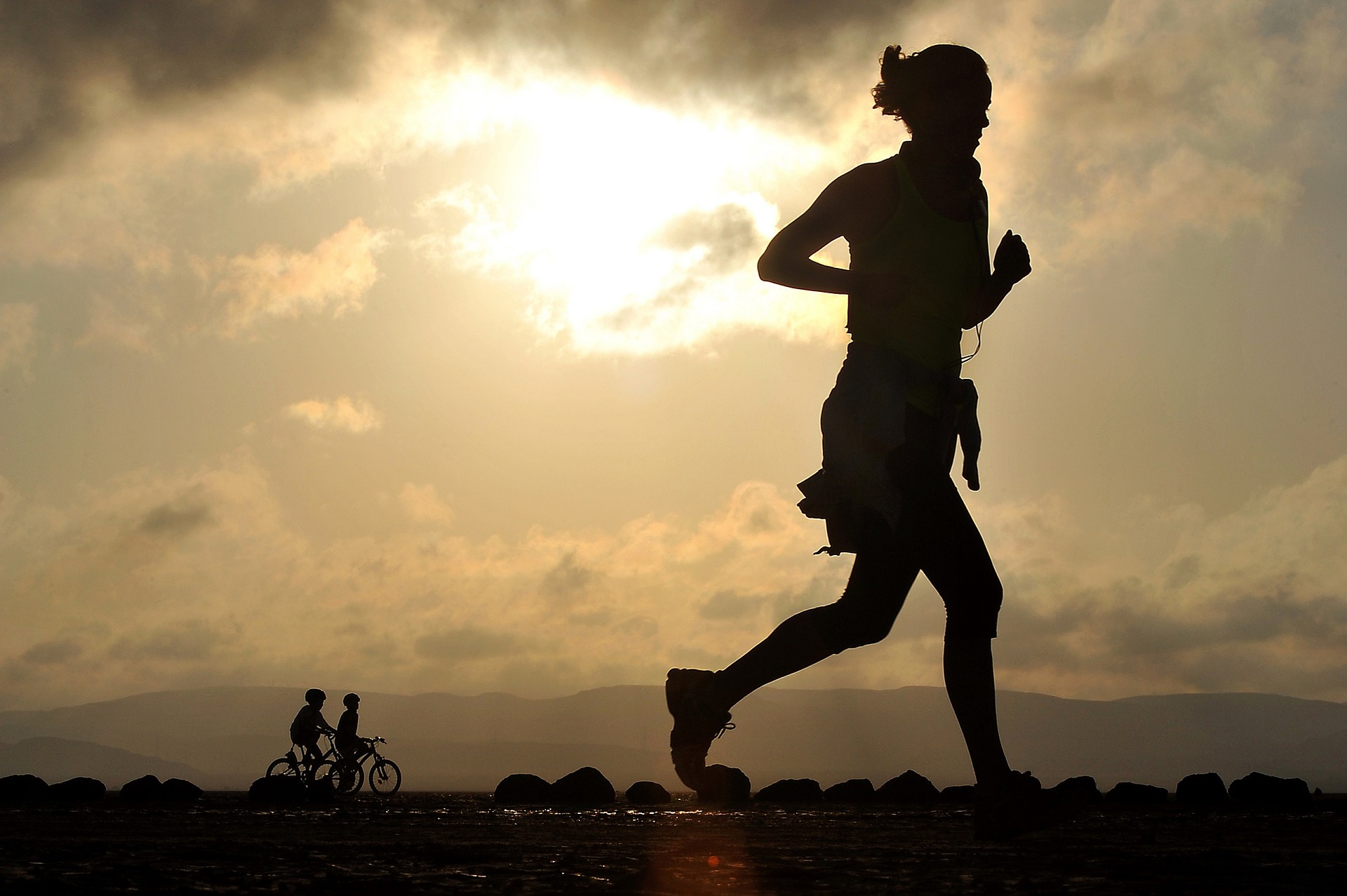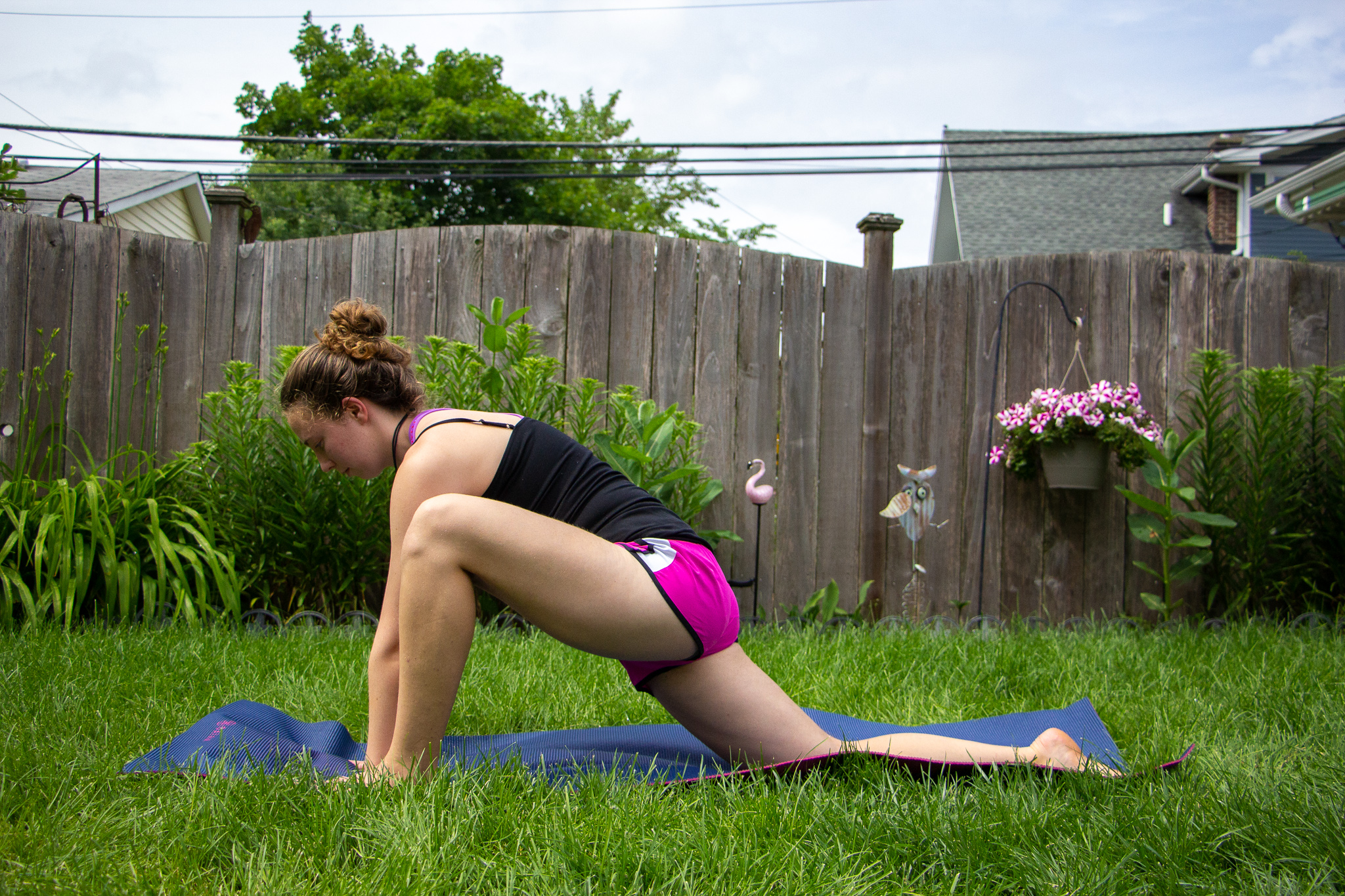I am a 3athlete. Yes, you can read it two ways: Triathlete and Free athlete.
Freedom does not always feels super comfortable on the inside, but on the outside, according to my friends who see me evolve, it looks like the only way to go.
Performing as an athlete is to me, the paramount of feeling free. To feel that you can overcome any distance just with your physical body is an incredible feeling. If you’ve run a marathon before, you know what I mean. And if you’re about to run one, then get ready for this incredible rush.
Nutrition plays a big role in athletics. When you learn that just 2 pounds of fat can make you 4 minute slower over a marathon, you know it’s for real.
I first gave a shot at plant-based eating in 2011. I didn’t read anything about it but I liked the idea of going green and being healthier. At first, I just removed meat and ate more fish; probably 100 grams of salmon for both lunch and dinner, i.e. 40 grams of proteins per day.
3 months later, I was anemic.
I could function perfectly in terms of “put me at a desk and work on a computer” but if I were to run 50 meters, I would feel empty.
When I went to my doctor, he first asked: “How are you? It’s been a long time.”
“Tired but—really? When was the last time I came in?”
“August 2006.”
“Really? What did I come for?”
“Anemia.”
Whoops. Yes, nutrition plays a big role in athletics. And though I was eating plenty of protein-rich salmon, it still left a gap in my diet. For vegans, the protein question is even more critical. I can understand why my triathlon teammates freak out when they see vegans like me.
If you don’t get your proteins, you don’t recover as well.
If you don’t recover as well, you can’t train well.
If you can’t train well, you will be sad.
If you’re sad, your mood will be crappy.
If your mood is crappy, it will impact your relationship…and so on.
You see how far things can go for an athlete with a protein deficient diet.
To avoid this downward spiral, I count my proteins.
No need to count the rest. If I miss sugar, I’ll get cravings for something; I’ll eat it and 5 minutes later it’ll be over. But tracking protein helps me be accountable for my diet before any deficiencies happen.
Nutrition guides prescribe that endurance athletes get 1.2 to 1.4g of proteins per kilogram of body weight (0.8 for a sedentary person – up to 1.8g for weight-lifters).
I weigh 70kg. Therefore I need between 84 and 98 grams of proteins per day. But some experts advise a slightly lower amount: according to the Vegan Endurance Bible that is Rich Roll’s Finding Ultra, elite athletes can very well perform at their best with 60-70 grams of daily protein.
Last year, for the first time in my life, I visited a nutritionist. She advised me to eat eggs for breakfast, larger pieces of meat and fish for lunch and dinner. At that time, I wasn’t vegan, I trusted her and didn’t feel the need to calculate anything.
But a month later, out of nowhere, I injured my calf (and I am still injured to this day) and this is when I took the time, out of curiosity, to calculate the amount of protein I was taking.
It turns out I was eating 140 grams of proteins per day, instead of the 84-98 grams I need.
As my mother always told me: “Excess…in all aspects, is negative.”
An excess of protein leads to an increase of acidity in your body and if you ever had the patience to Google “acidity,” then you know it can pretty much trigger anything from mood swings, to skin whatever, to bone anything, to muscle tension.
That’s why counting your protein is important. Too little and Anemia will make you feel out of fuel. Too much and Acidity will increase your chances of injury. That’s why I choose to live by one rule: 84-98 grams of proteins per day.
There are countless, amazing, protein-rich vegetal foods, that are all filled with nutrients and vitamins. When I cook, I am so often surprised by the protein amount I see on the nutritional label of all these foods and seeds!
Honestly, my athlete buddies, I won’t take it personally if you don’t want to become vegan, but I know for sure that you’ll do anything to perform better and go faster.
You can simply start by adding spiruline, tempeh, seitan, sesame seeds, hemp seeds, flax seeds, pumpkin seeds, chia seeds, quinoa, brown rice and sweet potatoes to your diet instead of animal proteins. If you do so, there is absolutely no way you can’t be getting enough proteins. No way!
My life purpose is to become the best athlete I can be and to inspire you believe in your impossible athletic dreams.
This is why I am vegan. This is why I am telling you all this.
Related: Optimum Nutrition for Distance Runners
Notes from Ethiopia – Land of Sun, Injera, and Running
__
Photo: Gregory Berge





